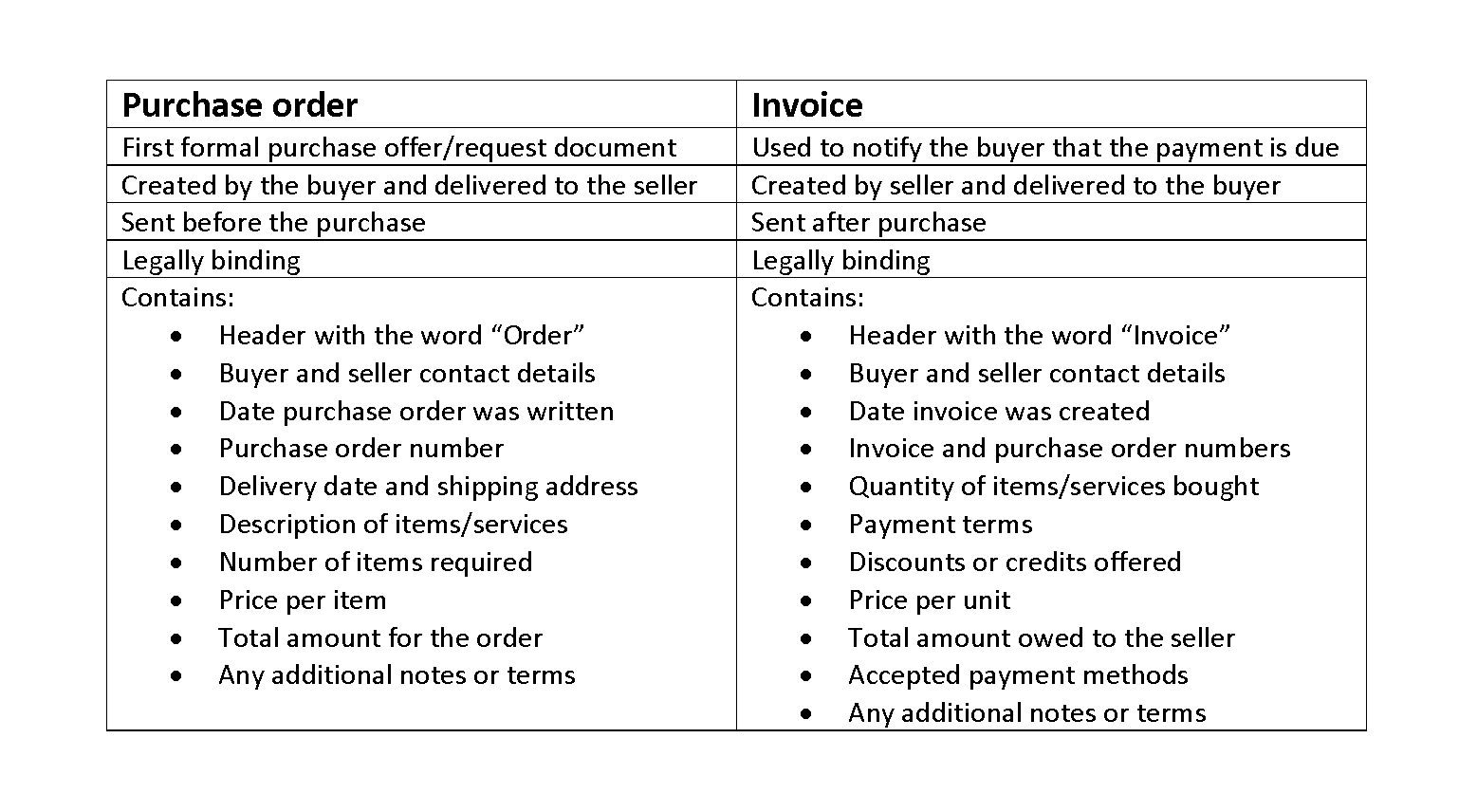
It also accurately matches expenses incurred during service delivery with the revenue earned, which is vital for assessing https://kahvemeydani.teknikbarkd.com.tr/depreciation-depletion-and-amortization-explained/ business performance. As mentioned, accounting standards do not allow companies to record unearned revenues as income. It is because, to recognize revenues, companies must meet two requirements. Secondly, they must ensure, with reasonable certainty, that the customer can pay for those goods. This is money paid to a business in advance, before it actually provides goods or services to a client.
- Some examples of unearned revenue include advance rent payments, annual subscriptions for a software license, and prepaid insurance.
- Unearned revenue appears on the balance sheet under liabilities, accentuating its status as an obligation to deliver goods or services.
- The insurance company holds these funds as unearned revenue until the policy term progresses.
- Failing to do so can lead to financial misstatements, tax issues, and compliance risks.
- For example, if a customer purchases a one-year Netflix plan for $120, Netflix can’t recognize the entire $120 as revenue immediately.
Recording and Reporting Methods
- Businesses relying on manual bookkeeping or basic spreadsheets may find it challenging to track deferred revenue accurately.
- For example, imagine a landscaping company that offers a seasonal maintenance package.
- If a customer cancels, the hotel may keep part or all of the deposit, depending on the cancellation policy.
- Unearned revenue is a liability for the recipient of the payment, so the initial entry is a debit to the cash account and a credit to the unearned revenue account.
- The unearned revenue liability account is debited, decreasing the liability, and a corresponding revenue account is credited, increasing the company’s earned revenue on the income statement.
- Correctly accounting for unearned service revenue is essential in industries that rely on advance billing and long-term contracts.
- Take note that the amount has not yet been earned, thus it is proper to record it as a liability.
In some cases, unearned revenue is incorrectly treated as an asset rather than a liability. This mistake distorts the balance sheet by understating liabilities and overstating assets. It also disrupts the accounting equation, where assets must equal liabilities plus equity. Overall, unearned revenue is an essential concept for small businesses to master. Correct accounting promotes transparency, compliance, and financial stability, which are crucial for long-term success.

What is Unearned Revenue? Is It a Liability or an Asset?

Another way to think about burn rate is as the amount of cash acompany uses that exceeds the amount of cash created by thecompany’s business operations. Many start-ups have a highcash burn rate due to spending to start the business, resulting inlow cash flow. At first, start-ups typically do not create enoughcash flow to sustain operations. Many professional service providers, such as law firms, marketing agencies, consultants, and IT service providers, require clients to pay a retainer before work begins.

Customer Service
To stay compliant, entities must record unearned revenue as a liability on the balance sheet. This is done because the company has received payment for a product or service which has not yet been delivered or performed. The liability is reduced as the company fulfills its obligations, and the revenue is recognized in the income statement. Under accrual accounting, unearned revenue cannot be recorded as income unearned revenue when cash is received. Instead, it remains a liability on the balance sheet until delivery is complete.

This is especially important for small businesses unearned revenues are classified as liabilities. that rely on financial statements to make decisions or to report to lenders and investors. Adjusting entries for unearned revenue prevent overstating liabilities or understating income. Without them, the balance sheet may incorrectly show high liabilities, and the income statement may fail to report revenues that the business has earned, even partially.
- This treatment is crucial for maintaining transparency and comparability across financial statements.
- Without them, the balance sheet may incorrectly show high liabilities, and the income statement may fail to report revenues that the business has earned, even partially.
- In accrual accounting, transactions are recorded when they happen, not necessarily when cash changes hands.
- Conversely, if you have received revenue from a client but not yet earned it, then you record the unearned revenue in the deferred revenue journal, which is a liability.
- Accrued revenue occurs when a company delivers goods or services but has not yet received payment.
